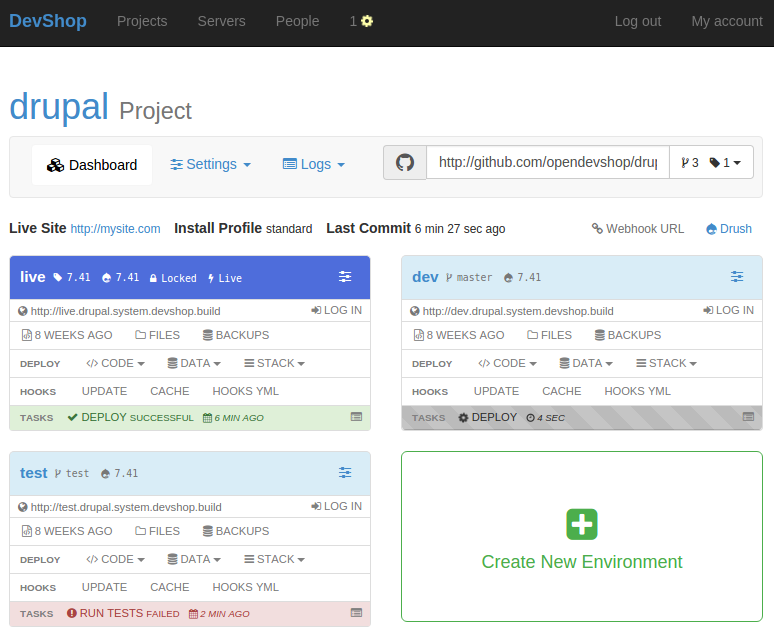
Then, select a Network Billing type.ĥ. This will take you to the next page where you will have to opt for Ubuntu or any other Linux server by clicking one of the server thumbnails provided. Select a Network Type from the options of Classic Network or VPC based on your requirements. Every generation type offers unique configuration and computing power. If you are unsure of your Zone, but you specify your data center region, then the instance will be placed in the default zone.Ĥ. You will now have to select Generation under the Choose Instance Type section. Make the appropriate selection for your data center region and Zone to launch your ECS instance. You can choose from two packages: Quick Launch or Custom Launch. Thereafter, you can select a preferred payment mode that suits your requirements. Upon reaching that page click Instances on the sidebar to be navigated to the Instances menu.ģ. Create an instance. This will take you to the ECS overview dashboard. You can follow the steps below to execute this application:ġ. Login to your Alibaba Cloud ECS Management Console, where you will be redirected to the main dashboard.Ģ. Click Elastic Compute Service under the Products & Services section. The first step is to launch the Alibaba Cloud ECS instance installed with Linux.

Please make sure you have the latest version of the LAMP stack installed before commencing the actual steps. Now, let's walk through each step of deploying Drupal on Alibaba Cloud ECS. Plus, ensure that you have Apache, PHP, and MySQL configured on your instance, too. Also, you would need to allocate sudo privileges to a non-root user as a mandatory requirement.

You need to have an Alibaba Cloud ECS instance installed with Linux (specifically Ubuntu 14.04). Prerequisitesīefore we begin, we need to fulfill certain prerequisites for deployment. This post describes how you can set up Drupal on an Alibaba Cloud ECS instance with the help of an Apache server.

Drupal effectively runs PHP as well as a database while providing support to a web server to store content and configuration information. It is managed via a dedicated community and provides backend framework for several websites. Drupal is an open-source content management framework that helps developers from around the world build an archetypal digital user experience.


 0 kommentar(er)
0 kommentar(er)
